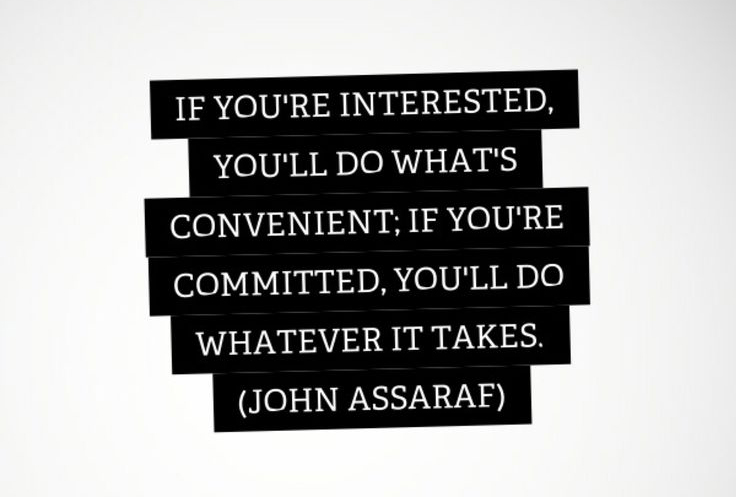Why My Autumn Mantra is "Less Is More"
It's been a whirlwind few weeks and somehow a few days ago I woke up and it was already September. How the heck did that happen?! I feel like I blinked and already I'm transitioning to warmer drinks, longer sleeves, and yellowing leaves.
Anyway, this is generally the time of year when businesses begin to really kick things into high gear - everyone is coming back from the cottage, the lake, or an extended vacation, and are starting to plan the big push for the fall/winter season. With that comes a slew of work, usually in the form of new projects, tasks, meetings, conferences, Skype calls, phone calls, coffee dates, you name it.
With all this is can be difficult not to get too caught up in the minutiae of everything. It can be hard not to become overwhelmed, but it can also become increasingly difficult to stay focused and streamlined.
Which is why my autumn mantra is "less is more."

What does that mean?
What I mean is this: more information doesn't mean better information.
However, when you're a business owner it can be easy to get lost in all the details. You start to feel the need to communicate every thought, idea, brainstorm, detail, etc with everyone involved in your project, which can actually waste time and cause miscommunications, which set you even further back from your original goals.
This is because we're often led to believe that including every single detail, or poring over something exhaustively, or even outlining things in crazy detail is the best way to convey what we have to say.
- Facts are what matter. That the right information stated in a clear and concise manner will get people to act and agree.
- Everyone wants all the details.
- People will pay attention because they know that they should. They will read the entirety of your email, pay attention to every detail of your phone call or meeting... you get the idea.
- People will take the time to learn something properly.
If there's one thing that I've learned in the past while it's that none of these things are true.
Here's what's actually true:
- People make decisions based largely on what they feel, regardless of what the facts are.
- People will gloss over details. Be ready (and willing) to repeat them.
- People only pay attention to what matters to them. If your email is too long, they'll skim it; if your meeting lasts a while, they won't remember every detail.
- People will half-ass most things unless it is required of them.
This is in no way a slag against anyone - this is just how we are. We only give 100% of our attention to things that we're emotionally and presently invested in, which usually isn't your email (it's probably what they're doing this weekend, or that funny gif they saw).

Okay, but why does this matter? I hear you asking.
What can you do?
Here are some steps you can take (and that I'm trying to take) to get around these issues:
Say the important stuff at the beginning of your email. Guys, I struggle with this one so hard, but it's true: put the important stuff at the beginning of your email or it'll never get read.
Send follow-up emails after a meeting. Sure, you took notes, the other people in attendance took notes... but are they all the same? Do they all outline the same goals, objectives and responsibilities? You have no way of knowing, so send a quick summary email detailing the meeting. That way you can clear up any miscommunications and potentially save yourself some hassle down the line.
Break longer emails down into easily readable chunks. If you have to write out a longer email, use bold text to indicate new sections, and try to break things down into lists if possible. If someone opens your email and is greeted with a wall of text they're less likely to spend the time to read the whole thing.
What does this mean for your audience?
If we think about our content strategy with the same focus -namely, that people have limited attention spans and only pay attention to things that interest them- we can start to draw some conclusions which we can apply to the kind of information that we share.
Let's look at a few questions we can ask ourselves:
- What can you tell your audience (besides facts) which will mean something to them?
- Which important details can you focus on to get your point across?
- How can you share content in an original and engaging way to get people interested?
- How can you lead people to the same conclusions or end-goals as you?
By twisting the perspective around and thinking about how you can share more with less, you begin to ask questions which put you in your audience's shoes (spoiler alert: this helps you be better at what you do!)
Awesome! Now what?
Now you can start to apply your new mantra to everything you do! Use the "less is more" mantra to send better emails, have less lengthy and time-consuming meetings and follow-ups, and convey yourself better to your colleagues, clients, and your community.
Got questions? I've got answers! Leave your queries in the comments, tweet at me, or send me an email to continue the conversation!
